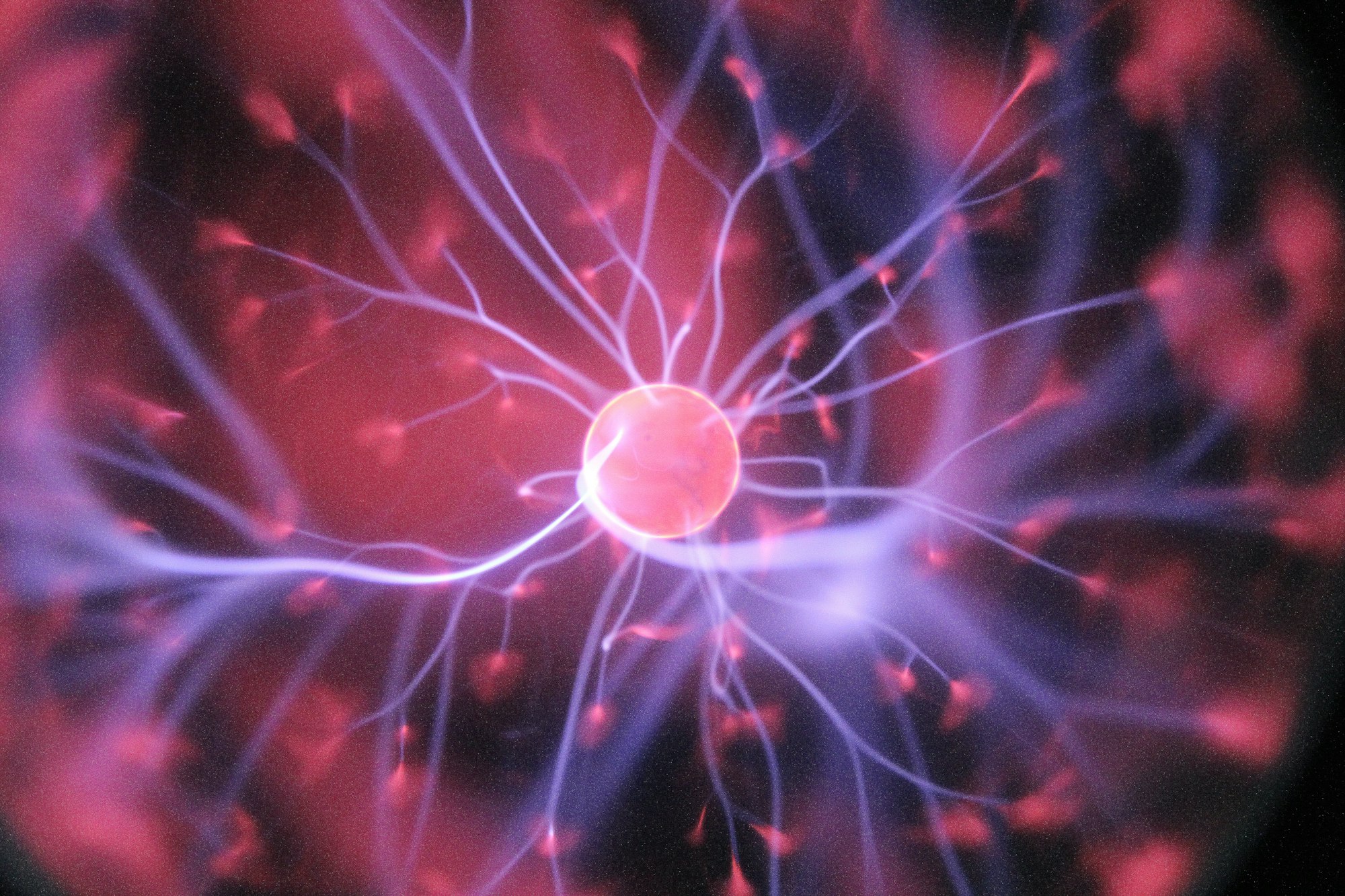Understanding Lewy Body Disease: Key Information
Learn about Lewy Body Disease (LBD), a type of dementia that affects 1.4 million people in the U.S. each year. Discover the symptoms, causes, and treatment options for LBD, which is often misdiagnosed as Parkinson's or Alzheimer's disease.

Lewy Body Disease (LBD), also known as "dementia with Lewy bodies," is a frequently misdiagnosed condition that affects approximately 1.4 million individuals in the United States annually. Often mistaken for Parkinson's disease or Alzheimer's disease due to overlapping symptoms, LBD remains relatively unknown to both the general public and medical professionals. Surprisingly, it ranks as the second most common form of dementia.
Recognizing LBD:
Distinguishing LBD from other conditions, such as Parkinson's disease, can be challenging. However, early symptoms of these diseases do not typically overlap. LBD symptoms may take two or more years to become evident, further complicating diagnosis.
Signs of LBD:
The manifestation and severity of LBD symptoms vary among individuals based on the underlying cause. While some may perform well on cognitive tests, they might still meet specific LBD criteria concerning short-term memory loss and attention deficits. Unfortunately, standard cognitive tests like the Mini-Mental State Examination (MMSE) are not reliable tools for distinguishing LBD from other types of dementia.
Underlying Causes:
LBD's exact cause remains unknown, though there is an association with the PARK11 gene, which may be genetically inherited. The disease is characterized by the presence of abnormal protein clusters called "Lewy bodies" in the brain, which contribute to brain cell damage. Interestingly, LBD shares similarities with Alzheimer's disease, often coexisting with it in the brain, although their impacts differ.
Diagnosis and Treatment:
Diagnosing LBD requires thorough neurological and physical examinations, family history assessment, cognitive assessments, and possibly brain imaging scans. While there is no cure for LBD, various medications and holistic treatment plans are available to manage symptoms. However, finding the right medications can be challenging, as some may alleviate motor symptoms while worsening delusional thinking and hallucinations.
Risk Factors and Prevention:
Age is the primary risk factor for developing LBD, with symptoms typically appearing in individuals over 65. Men are more commonly affected than women. Leading a healthy lifestyle, including regular exercise, a balanced diet, and engaging in mentally stimulating activities, may delay the onset or reduce symptom severity of LBD, similar to Alzheimer's disease.
Caring for Individuals with LBD:
Caring for someone in the advanced stages of LBD can be emotionally and physically taxing. Support groups, local agencies, and homecare nurses are available resources to assist those providing care for loved ones with LBD.
In conclusion, understanding Lewy Body Disease is essential for early diagnosis and appropriate management of symptoms. Despite the challenges it presents, knowledge and support can significantly improve the quality of life for both patients and caregivers affected by LBD.
Sources
http://www.alz.org/dementia/dementia-with-lewy-bodies-symptoms.asp
You might also like this article:










